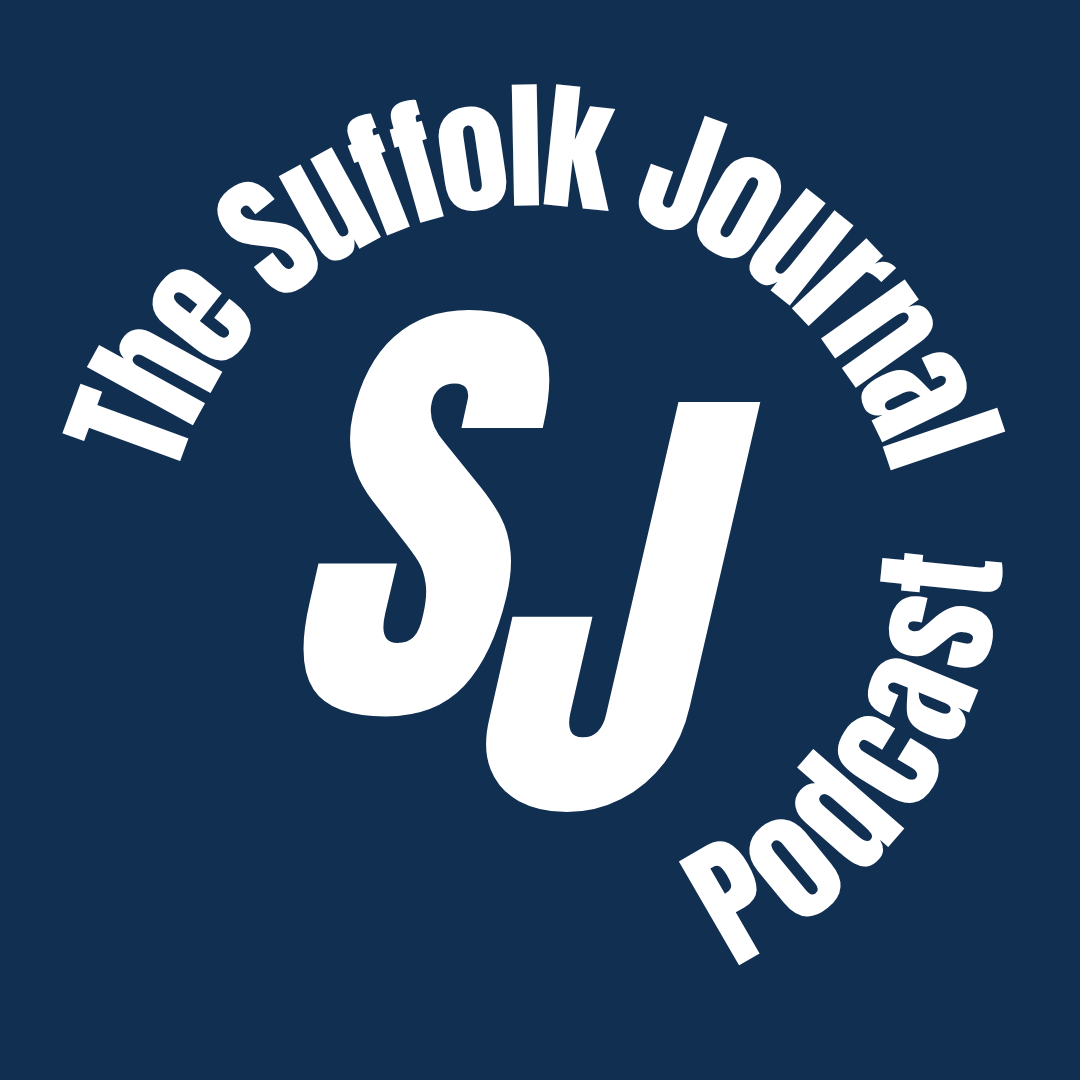As of 2021, there were upwards of 23,000 banned books, according to PEN America. Suffolk University’s Venture Literary Magazine decided to take a stand, putting on a protest last Friday at the Massachusetts State House.
Led by Venture’s Editor-in-Chief Matilyn Paul, the participants called out a variety of different chants while holding up their signs during the protest in front of the state house.
“Who bans books?” Paul would say. “Crooks!” fellow protestors would respond.
Paul also held up a sign that read, “if you’re not angry you’re not paying attention,,” solidifying her message on the importance of her cause in the broader social and political sphere of today.
“I’ve been trying to come up with different ways that we can impact the community outside of releasing our student-led literary magazine every year,” said Paul.
Paul recognized a need to act after watching the spread of book banning throughout the nation.
“As the banning of books is sort of spreading northward from Florida and Texas and Tennessee up towards Pennsylvania and even New Hampshire, it’s really time to start educating people in order to fight off against it,” said Paul.
Paul’s goals in the protest were not to inform the public that book banning is happening. “I don’t think it would surprise anyone to hear that it’s happening, but we’re wanting to spread awareness about the state of it and how intensely book banning has become,” said Paul.
Paul wants to gain the attention of lawmakers in order to show that youth care about this topic.
“We come from a more biased perspective on the value of literature but we also come from a passionate perspective,” Paul said about the importance of the college student perspective.
Book banning today is becoming normalised, and thus increasingly dangerous, ABC News reports. This has taken a major toll on education as the Trump administration has begun placing threats to defund schools that do not “comply with all applicable laws prohibiting discrimination in various contexts and protecting parental rights,” in an executive order by Trump signed Jan. 29.
Within this order, he called for the end of “indoctrination” in K-12 schools through topics regarding gender ideologies and ideas around critical race theory.
“So many different times in history, censorship has been present during regimes or governments that aren’t reflecting its people’s desires and we’re starting to see that now with the rise of conservatism in the United States,” said Paul.
For Paul, the problem goes beyond just books.
“It really starts to impact our constitutional rights,” Paul said. “It’s ridiculous for organizations and governments and individuals to decide what other individuals are able to read and educate themselves on.”
Maddie Stanley, senior and secretary of Venture, offered another perspective on the practice of banning books.
“There’s just so many bigger fish to fry, such as banning guns and gun control and violence and situations like that, so we just think that banning books is the least of our concerns and just a waste of time for the justice system,” said Stanley.
Paul also saw some common themes within the books that were being banned across schools in recent years.
“They all unfortunately have to do with anything disrupting the white male patriarchal view of society,” said Paul.
Paul’s favorite book that is currently banned in some schools; “The Picture of Dorian Grey” by Oscar Wilde, a book she has read many times.
“There are so many underlying themes in there about queerness and about identity and the way you view yourself,” said Paul.
“The Picture of Dorian Grey” was censored during the time when it was first published, as well as today, a significance that Paul believed makes it “the pinnacle example of book censorship.”













